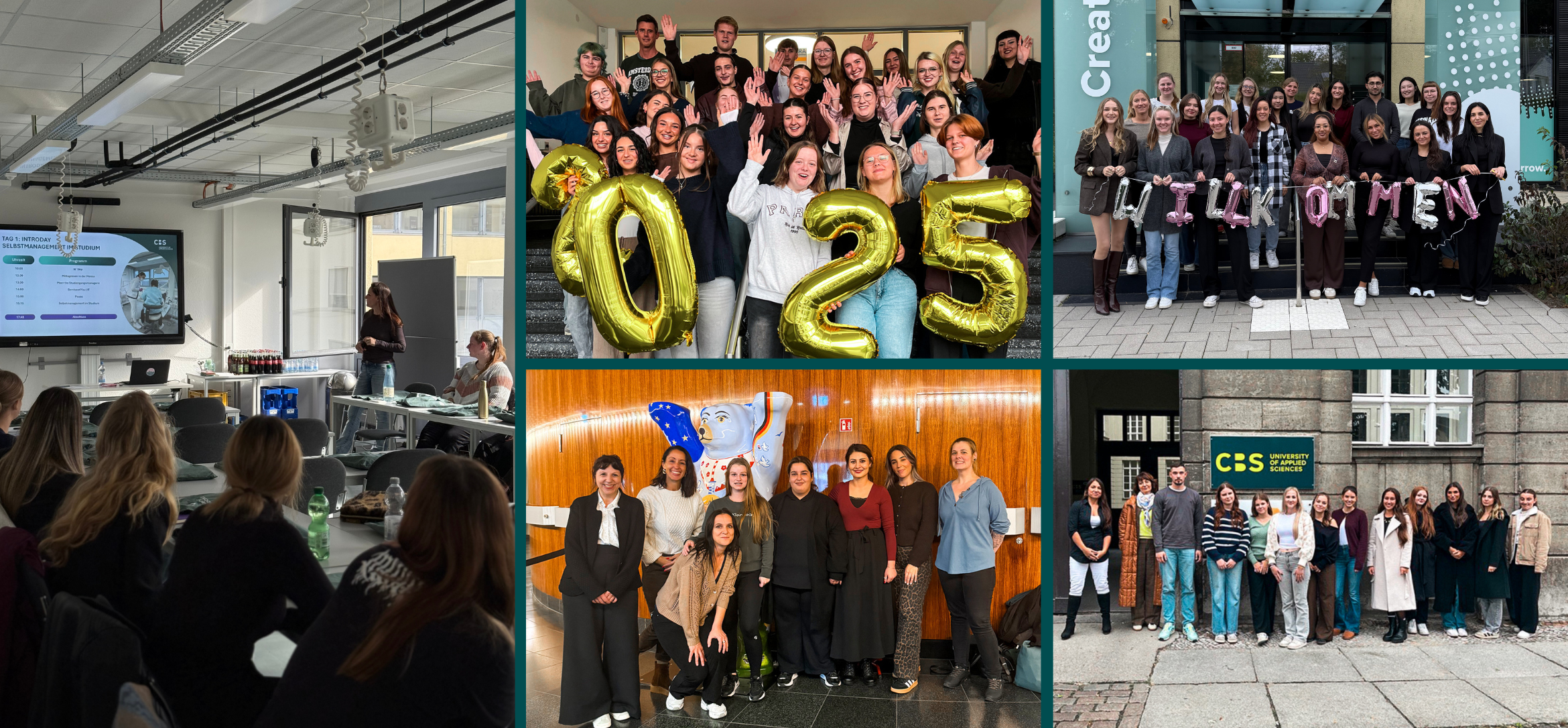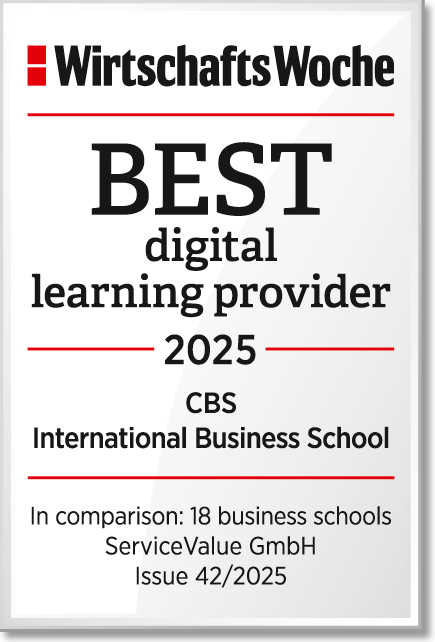
Virtual reality refers to computer technologies that uses software to replicate a real or a fictional environment. This gives producers and users unlimited possibilities. To ensure that the virtual reality experience is as realistic as possible, several technologies are combined. So called „Virtual reality glasses“ include a screen that allows to experience 360 degree vision and Headsets that give a realistic sound of the surrounding. Due to the various usage possibilities this technology has high financial potential. That’s why the technology firm Facebook Inc. paid two Billion US$ to buy the most advanced producer of virtual reality glasses „Oculus Rift“.
An industry that stayed behind its potential
For many years, the concept of virtual reality has not fulfilled the technological possibilities. The devices that included a screen and headset were not only heavy. Furthermore, their technology was insufficient. The graphics as well as the sounds were not good enough to give users the experience they expected. Nevertheless, this changed when the company „Oculus Rift“ came to the market in spring 2016. This virtual reality glass combined technologies much better than its competitors. Surprisingly, the company was founded by a 23 year-old who sold the company for $2 Billion to Facebook Inc. Interestingly, the founder did not develop a new technology. Instead he combined several existing technologies to create the Oculus Rift glasses. His vision was to create a head-mounted display that was better than existing products and inexpensive for gamers. Nowadays the Oculus Rift is sold for around 600$.
Fly through the galaxy- Gaming gets more realistic
Gaming allows users to experience adventures they could never experience in real life. So, many games are to some extent simulators of different activities such as racing, sports or even creating fictional characters that live in a fictional world. While in recent years improvement was focused on graphics and a liquid motion of the characters and the world producers have nearly reached the limit of what a user is recognizing as improvement. So to make gaming even more realistic, developers had to revolutionise the gaming experience. This has been done by the introduction of virtual reality glasses such as the Oculus Rift. The introduced 360 degree screen reacts to the movement of the head and therefore makes gaming even more realistic. While the movement is still controlled by sticks, the user can now experience a whole three dimensional world while gaming. As mentioned earlier, nearly all games are to some extent simulators. Due to the possibility to interact in a three dimensional world, all games seem to be more realistic. Games that have already been introduced to the new technology now allow you to climb mountains or to fly through outer space. Further improvement of the technology such as the screens and the interaction with the surrounding will make gaming even more realistic.
Limitless opportunities for future developments
The Development of virtual reality glasses is by far not limited to the gaming industry. The biggest investor in the company is Facebook. Facebook is rather known as a communication and networking giant than a gaming company. So there need to be more opportunities that virtual reality classes give. Some of them are listed below:
- Social networking: Instead of chatting with a friend, Virtual Reality makes it possible to meet friends in a fictional environment and talk while walking down the same street.
- Travelling: Monuments such as the Eiffel Tower or even whole cities will be uploaded. This gives users the opportunity to walk around and experience travel destinations without having to travel there.
- Education: One day it will be possible for engineers or architects to build and review machines virtually. Therefore, it won’t be necessary to invest millions in machines that work insufficiently. Instead they can have a trial in the Virtual Reality.
What do you think? Are there limits to the future of this innovation? Will Virtual Reality become as real as reality? What are other sectors in which this technology can be used?
















